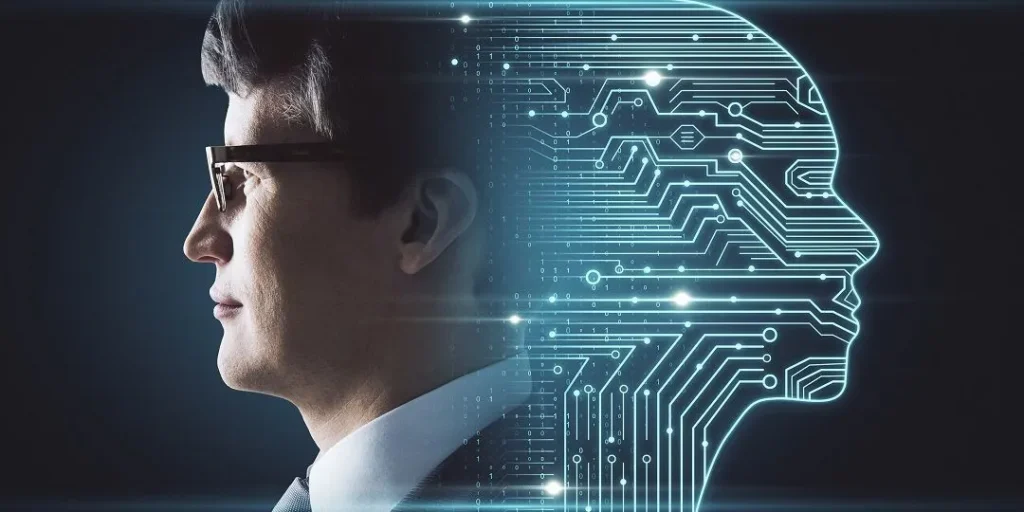Understanding Artificial Intelligence (AI) and Its Impact

Artificial Intelligence (AI) is rapidly advancing, transforming industries and daily life. At its core, AI enables machines to mimic human problem-solving abilities. Trained on large datasets, AI identifies patterns to perform tasks like engaging in conversations or predicting consumer behavior. It’s used in voice assistants like Siri and Alexa, social media algorithms, and e-commerce for product recommendations.
Generative AI, like ChatGPT and Midjourney, creates new content from vast data sources, including text and images. While AI offers innovation, critics fear its misuse, from spreading misinformation to amplifying biases. Furthermore, environmental concerns and job displacement are rising as AI systems consume large amounts of energy and may automate millions of jobs globally.
However, AI also holds promise for economic growth, improving healthcare, and creating new industries. Governments are introducing policies to regulate AI, ensuring it is safe and trustworthy. Global cooperation on AI safety remains crucial as nations strive to balance the technology’s potential with its risks.
AI is shaping the future, and with careful regulation, it can be harnessed for tremendous societal benefit.